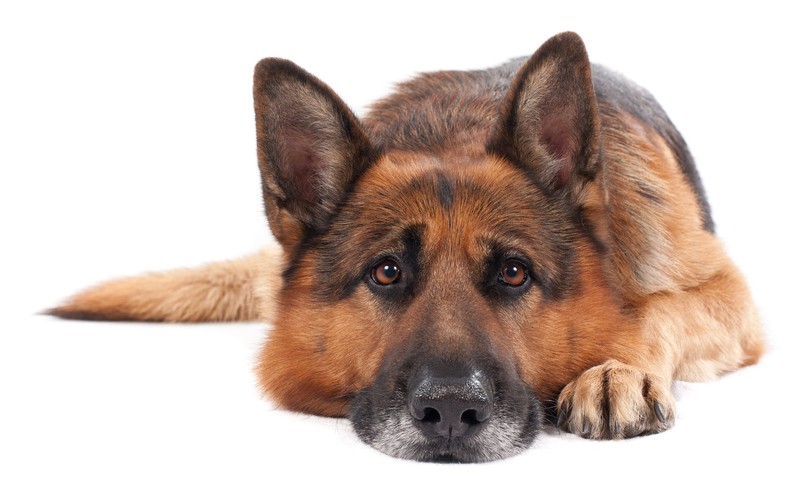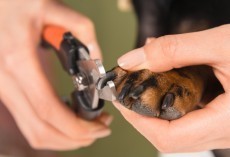If your pooch has experienced loss of some sort, your partner or roommate moving out, or perhaps the death of another pet, this can cause your them to feel displaced or sad. On the other end of the spectrum, if you've recently adding something new, like a new pet or a baby, your dog may not be adapting to the change as well as you expected.
Occasionally, nothing brings your dog out of its blue funk. They simply spiral down worse, ceasing to eat or drink or engage.
What Are the Symptoms of Dog Depression?
Dog depression symptoms are very similar to those in people, said John Ciribassi, DVM, past president of the American Veterinary Society of Animal Behavior. “Depressed dogs will become withdrawn. They become inactive. Their eating and sleeping habits often change. They don’t participate in the things they once enjoyed.”
But vets warn those symptoms also can mean a dog has a medical problem, so the first course of action should always be a full checkup by a veterinarian.
Causes of Dog Depression
Beaver said major changes in a dog’s life could lead to periods of depression. Those include moving into a new home, a new spouse or baby in the household, or adding another pet. Even a change in the dog’s schedule, for instance a stay-at-home owner who takes a job, can cause a dog to get down.
According to the renowned human website WebMD, there are a variety of solutions:
Dog Depression Treatments
Most dogs bounce back from depression within a few days to a few months with just a little extra TLC. Keep them engaged, do more of the things they like to do, get them a little more exercise, and they should be fine.
And reward them when they show signs of happiness. If the only thing that still gets a little tail wag out of your dog is a car ride, then take him for a series of short rides each day, praising and rewarding him when he appears happier.
And be careful not to encourage the negative behavior by lavishing a depressed dog with attention and treats while he is moping. The dog will think you’re rewarding him for that behavior.
Medications for Dog Depression
If nothing else works, medications can help dogs get past their depression. Karen Sueda, DVM, a diplomat of the American College of Veterinary Behaviorists, said medications for depressed dogs are the same as those used by depressed humans — Paxil, Prozac, and Zoloft. She also uses Clomicalm, an FDA approved drug for the treatment of separation anxiety in dogs.
Rebounding From Dog Depression
In the end it could be as simple as new companionship. Consider getting another dog that gets along with your existing one and begins a new chapter in their lives…and yours, too.
So much to consider.
To learn more about recognizing the signs of depression in dogs and how best to address the problem, read the complete article at WebMD.









